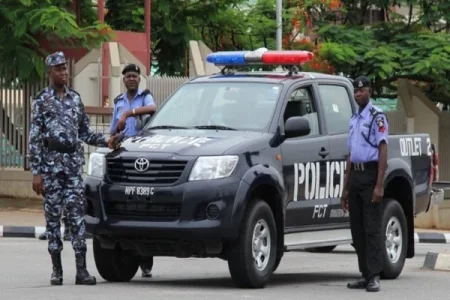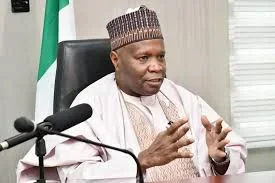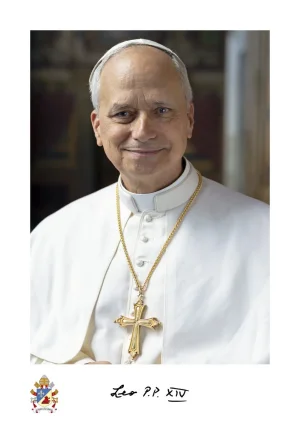
Police will deploy 4,200 officers in Abuja to manage the planned August 1 protest against hunger and hardship. The FCT Police are implementing strict measures to ensure peace and safety. President Tinubu has criticized the protest organizers, suggesting they do not genuinely care about Nigeria’s welfare.
Ahead of the nationwide protest scheduled from August 1 to 10, the Federal Capital Territory (FCT) Police Command has announced the deployment of 4,200 officers. This move aims to ensure public safety, protect protesters, and prevent the protests from being hijacked by non-state actors.
According to Police Public Relations Officer, Josephine Adeh, the extensive deployment will involve visibility policing, deployment of explosive ordinance devices (EOD) experts, and personnel stationed at strategic locations throughout the capital. The strategy also includes raids on identified black spots, uncompleted buildings, and shanties, as well as conducting stop-and-search operations, vehicular and foot patrols, and collaboration with other security agencies.
The planned nationwide protest, organized by human rights activists and Nigerian youths, seeks to address widespread concerns over hunger and economic hardship. The large police mobilization has sparked considerable public reaction. Many Nigerians have expressed frustration on social media, criticizing the disproportionate response to what is intended as a peaceful demonstration.
Critics argue that the substantial police presence is excessive and raises questions about priorities, suggesting that similar resources are not mobilized for ongoing issues such as kidnapping and other security threats. Comments on social media highlight a sentiment that the police's readiness to deploy a significant force against protesters contrasts sharply with their perceived inaction in addressing more critical security challenges.
In response to these concerns, some social media users have pointed out the irony of a strong police response to peaceful protesters while the same force appears insufficiently engaged in combating other pressing criminal activities. This contrast has fueled public skepticism about the government's commitment to addressing the root causes of the protest.




